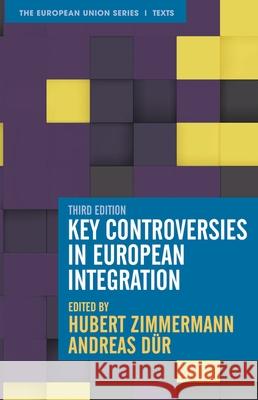Key Controversies in European Integration » książka
topmenu
Key Controversies in European Integration
ISBN-13: 9781352011982 / Angielski / Twarda / 2021 / 264 str.
Key Controversies in European Integration
ISBN-13: 9781352011982 / Angielski / Twarda / 2021 / 264 str.
cena 617,40
(netto: 588,00 VAT: 5%)
Najniższa cena z 30 dni: 594,91
(netto: 588,00 VAT: 5%)
Najniższa cena z 30 dni: 594,91
Termin realizacji zamówienia:
ok. 30 dni roboczych.
ok. 30 dni roboczych.
Darmowa dostawa!
Kategorie BISAC:
Wydawca:
Red Globe Press
Język:
Angielski
ISBN-13:
9781352011982
Rok wydania:
2021
Wydanie:
2021
Ilość stron:
264
Waga:
0.59 kg
Wymiary:
23.39 x 15.6 x 1.75
Oprawa:
Twarda
Wolumenów:
01
Dodatkowe informacje:
Obwoluta











